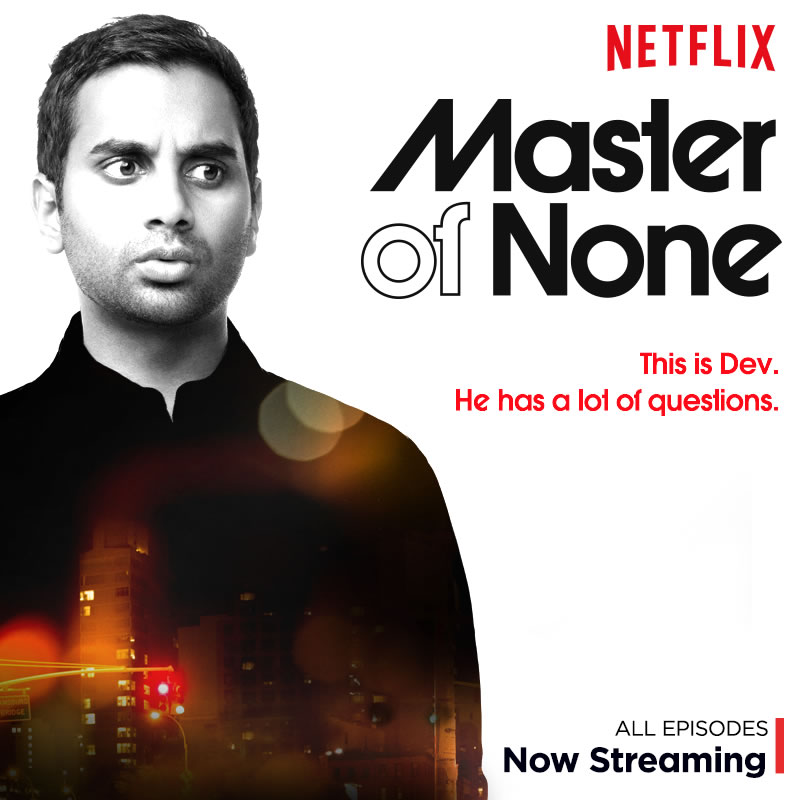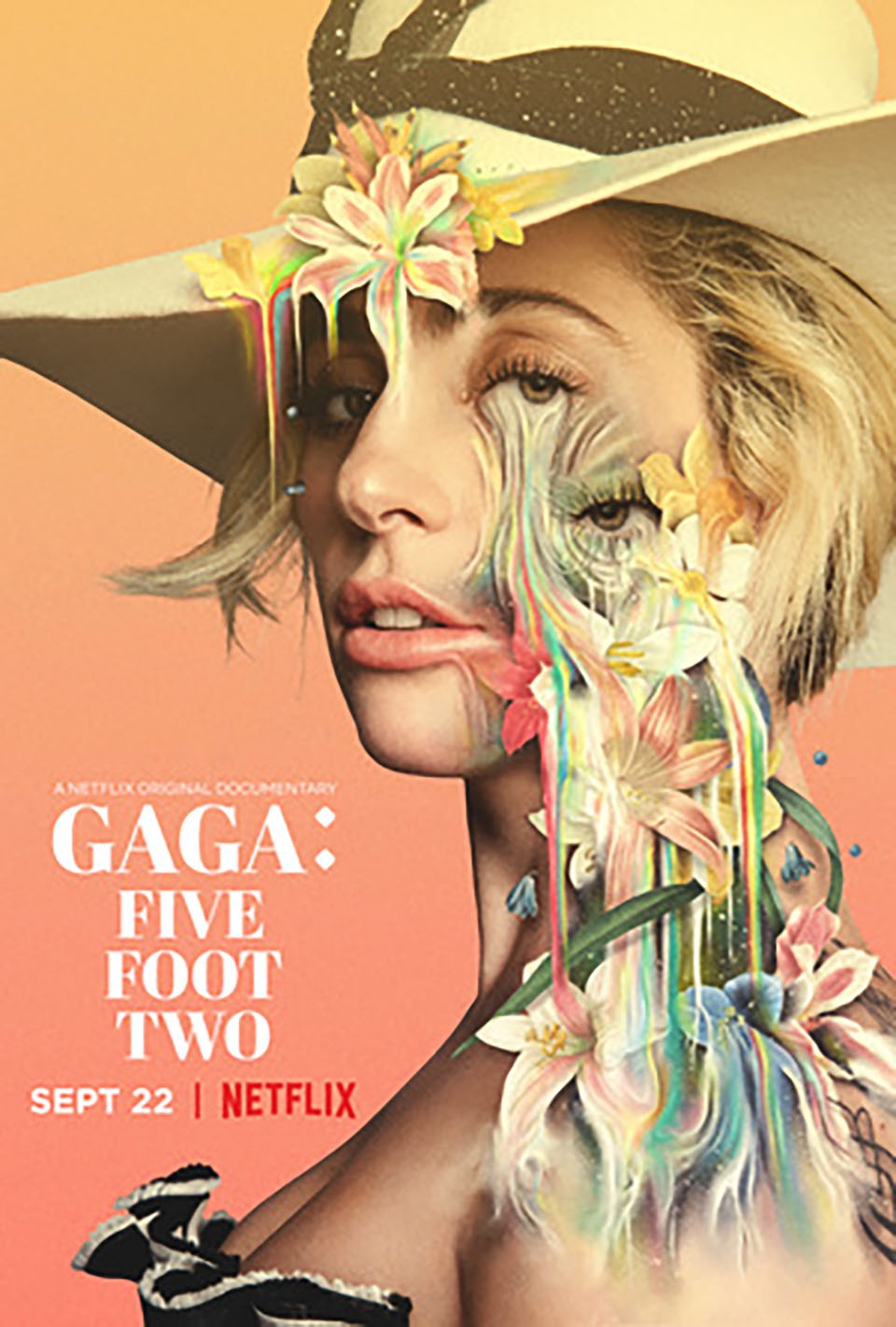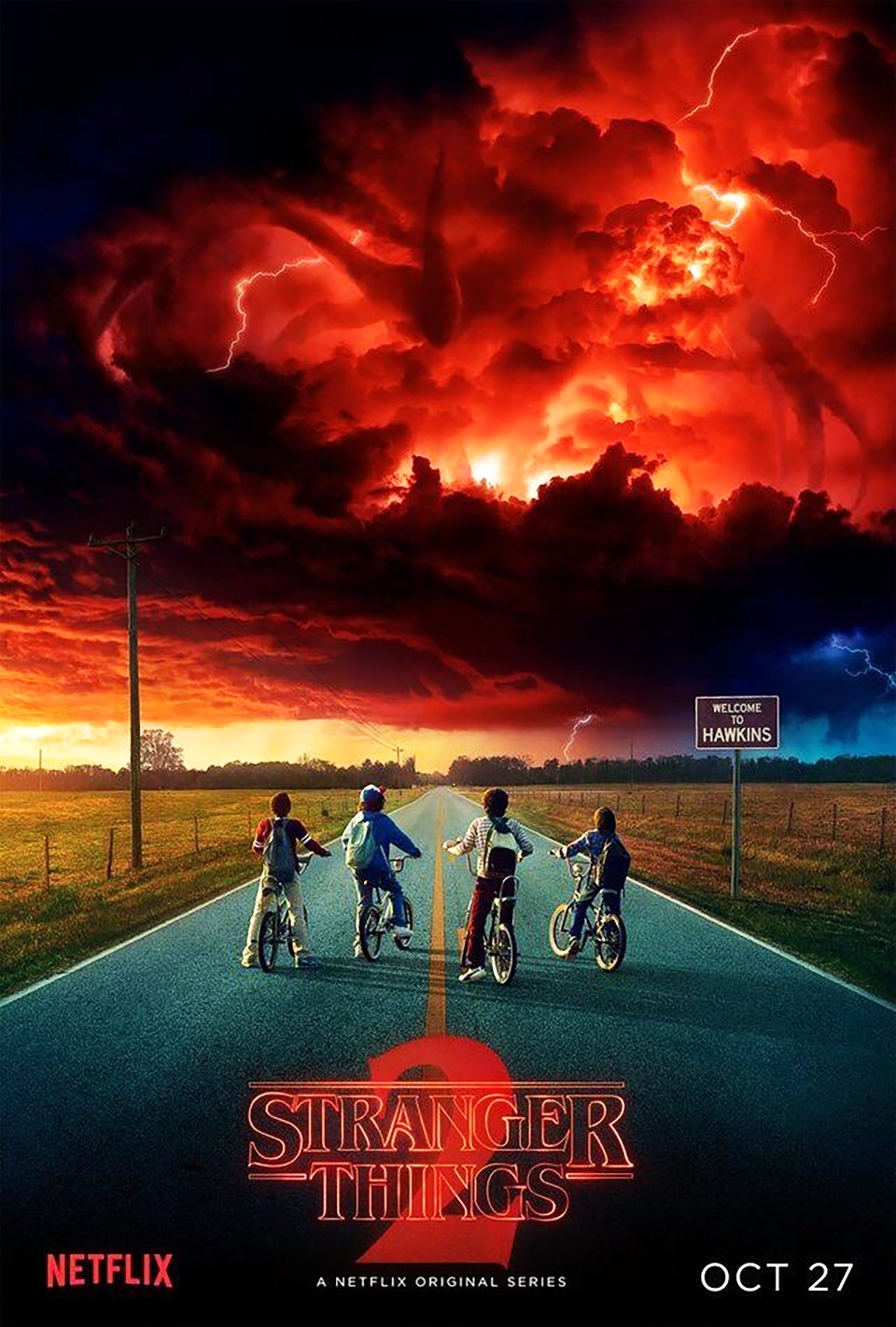Sean Armstrong | Staff Writer
04/19/2018
Hip-hop has evolved significantly in its short lifetime, from the classic cyphers to the East Coast-West Coast war that dominated the ’90s to the global phenomenon that it is today. As can be expected from anything that garnered so much influence in such a short time, various pockets of differentiation and plenty of variations in the style emerged to define the genre. Rapture, one of Netflix’s newest documentaries, aims to capture those segmented cultures within the national rap community.
The series’ primary strength lies in its ability to offer a vivid picture of each of its subjects, each episode being a one-hour block dedicated to an acclaimed rapper. The episode detailing Logic’s rise to superstardom is a shining example of the benefit this vast amount of screen time can have.
Another strength of the series is its candid nature. Rapture provides nearly unfiltered access to the lives of its subjects, and unlike a simple interview, the footage feels real and unstaged. Rapture succeeds at removing as much of itself from the production, allowing audiences to more intimately connect with the stars on screen.
For instance, someone could describe Logic’s sincerely held emotions and beliefs about mental health, but until the person actually sees the episode where Logic breaks down into tears, their understanding is limited.
While moments like this really sell Rapture as a documentary, a bit more discretion over what made the final cut would not be the most unwelcomed thing. The episode focusing on Nas and his protégé Dave East, for example, feels like an eternity. Nas and Dave East don’t distinguish themselves from the hip-hop stereotype, nothing differentiates them from any other rapper out there. He is simply someone that appears to be coasting on past successes, and that’s not interesting to watch.
While the screen time helps illustrate each artist’s vision, perhaps the most interesting part of Rapture is how rap affects the world outside the genre.
The episode featuring T.I. is by far the best moment the series has to offer. In it, T.I. meets with Civil Rights activists Harry Belafonte and Jane Elliot in order to learn how to be a better leader. He also discusses his recent shift from pop-rap to a more socially-conscious style after a riot in Atlanta where he led protesters away from a potential massacre. During this event, T.I.’s son asked him, “What are we going to do?” and this question spurred a sense of duty within the emcee to change his music to incorporate more pressing subject matters.
Rapture also touches on Rapsody’s launch into popularity. The prominent female emcee was featured on Kendrick Lamar’s To Pimp a Butterfly more than three years ago.
Rapsody belongs to a primarily male genre, and her newest album, Laila’s Wisdom, has gained plenty of accolades. It should be noted that her recent success started slightly after the watershed moment of the #MeToo movement. The rippling effect of this social shift can be seen in the documentary when Rapsody recounts Lamar’s remark upon hearing her record: “This is your time.”
The way social issues are being addressed in Rapture is refreshingly different. However, the documentary is fairly disjointed in terms of chronological storytelling, and there may even be too much focus on one person from each subgenre of rap.
Rapture covers mainstream, socially-conscious and SoundCloud rap, but it misses other subgenres like psychedelic, Korean and Christian rap. Covering nine artists in-depth, while cool, limits the scope of subgenres on display. If Rapture gets a second or third season, it’s almost a given that this issue would be addressed, but that is a big if.
Though even if Rapture does continue this style, inevitably certain experiences will still be left out. 2 Chainz, another rapper featured in an episode, isn’t emblematic of all trap rap. Lil Yachty, for instance, is a wildly different artist than 2 Chainz despite belonging to the same category.
Overall though, Rapture is one of the best documentaries I’ve seen in quite some time. For anyone with even a basic interest in rap or a desire to learn more about racial issues, gender politics or mental health, definitely give it a look.




